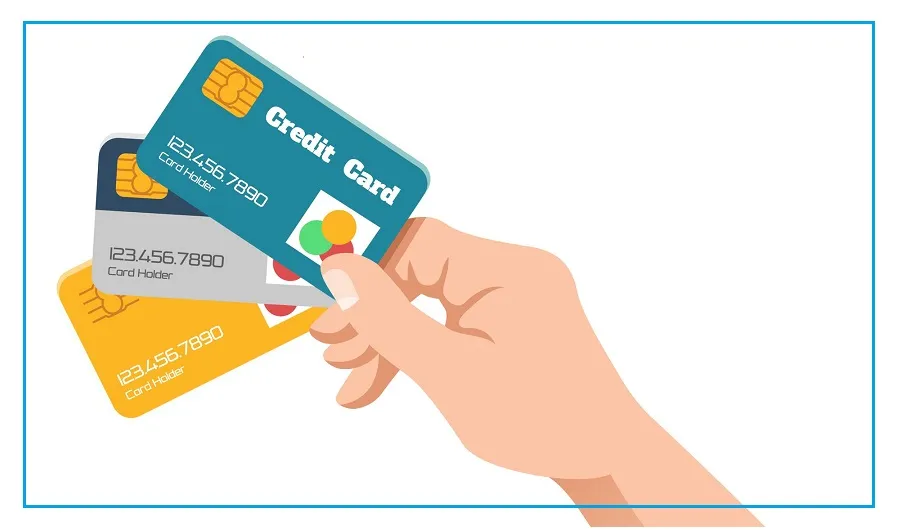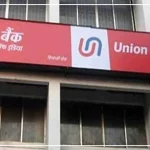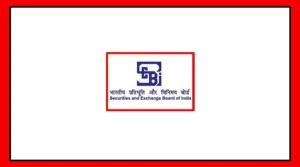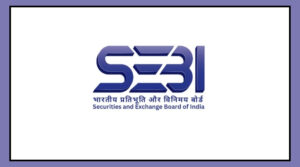Credit cards have become indispensable in modern life, but occasionally, banks or financial institutions may issue them without your consent, leading to potential problems. Here’s what you can do if you find yourself in this situation.
RBI’s Regulatory Measures
The Reserve Bank of India (RBI) has enforced strict regulations to safeguard consumers from unsolicited credit cards and associated risks of debt and fraud.
Banks and Non-Banking Financial Companies (NBFCs) are now prohibited from sending credit cards without explicit customer consent, unlike in the past.
Potential Risks
Unsolicited credit cards can lead to unforeseen debt if not budgeted for, and pose a risk of identity theft if they fall into unauthorized hands.
Know Your Rights
If you receive an unsolicited credit card, you have certain rights:
- Do Not Activate: Refrain from activating the card by avoiding PIN or OTP entry. This prevents unauthorized usage and potential fraud.
- Contact the Issuer: Reach out to the card issuer promptly to address the situation. Determine whether the card was issued by a bank or NBFC and report the incident through customer service channels or online platforms.
Consequences for Issuers
Banks and NBFCs found guilty of issuing cards without consent may face penalties:
Penalties: Issuers violating regulations may face penalties.
Account Closure: You have the right to close the credit card account at no cost within 7 days of reporting the issue.
RBI Intervention: The RBI reserves the right to impose fines on erring issuers.
Protecting Your Rights
Document all communication with the issuer, which can serve as evidence in case of disputes. If necessary, seek assistance from the RBI’s Ombudsman to file a formal complaint.
























